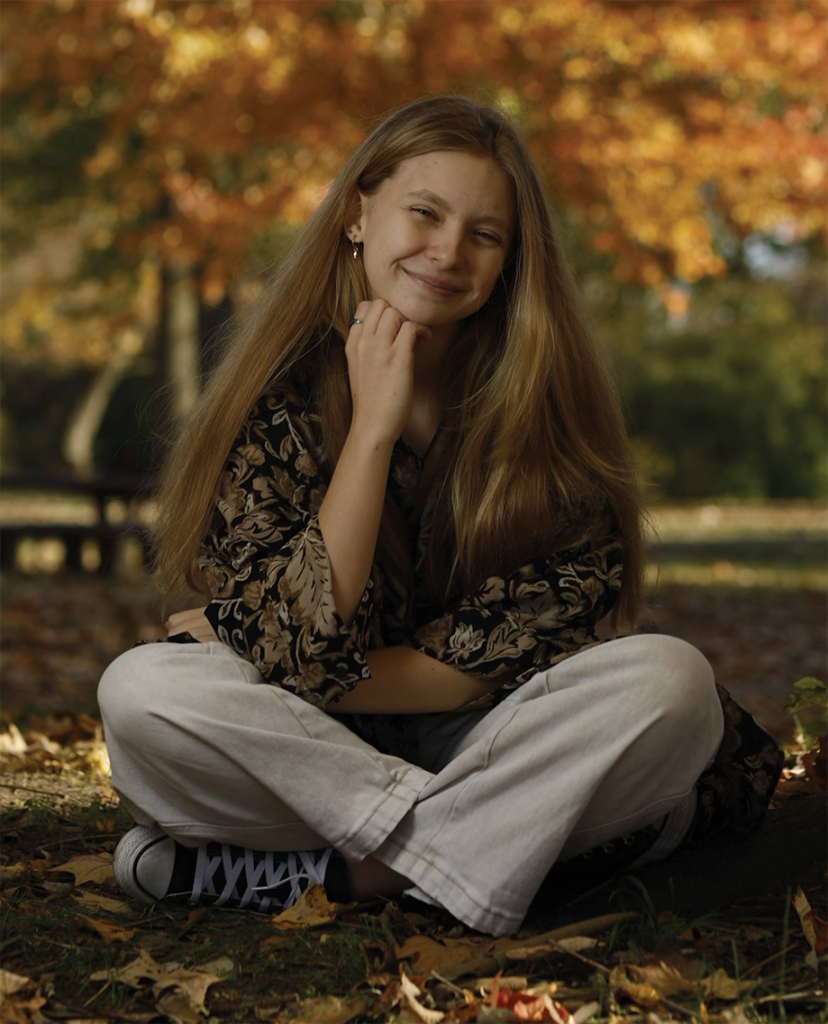An annual scholarship is underwritten by Kalamazoo Garden Council, Inc., in memory of founder and past president, Hazel Wirick, and awarded by Michigan Garden Clubs, Inc., to Western Michigan University to support a student selected by the university in the field of botany, biology, environmental studies or other related subjects. Donations to these scholarships may be sent to Scholarship Chair of Michigan Garden Clubs, Inc., Donations for the Hazel Wirick scholarship should be noted as such. Patt Patt Pawlak is the KGC Scholarship Agent and Dr. Todd Barkman is head Chair of Biological Sciences at WMU and recommends candidates for the scholarship.
2024 Hazel Wirick Recipient
The 2024 Hazel Wirick Scholarship recipient is Samantha McLean who is a junior at WMU and is majoring in Botany/Biological Sciences with a special interest in plant biochemistry and molecular biology. Following is a letter from Samantha included with her application for the Hazel Wirick Scholarship.


Past Hazel Wirick Recipients
- 2024: Samantha McLean
- 2023: Emily Lulofs
- 2022: Hanna Korn
- 2021: Peter Quakenbush

 The Importance of Pollinators by Jeanette Meyer
The Importance of Pollinators by Jeanette Meyer